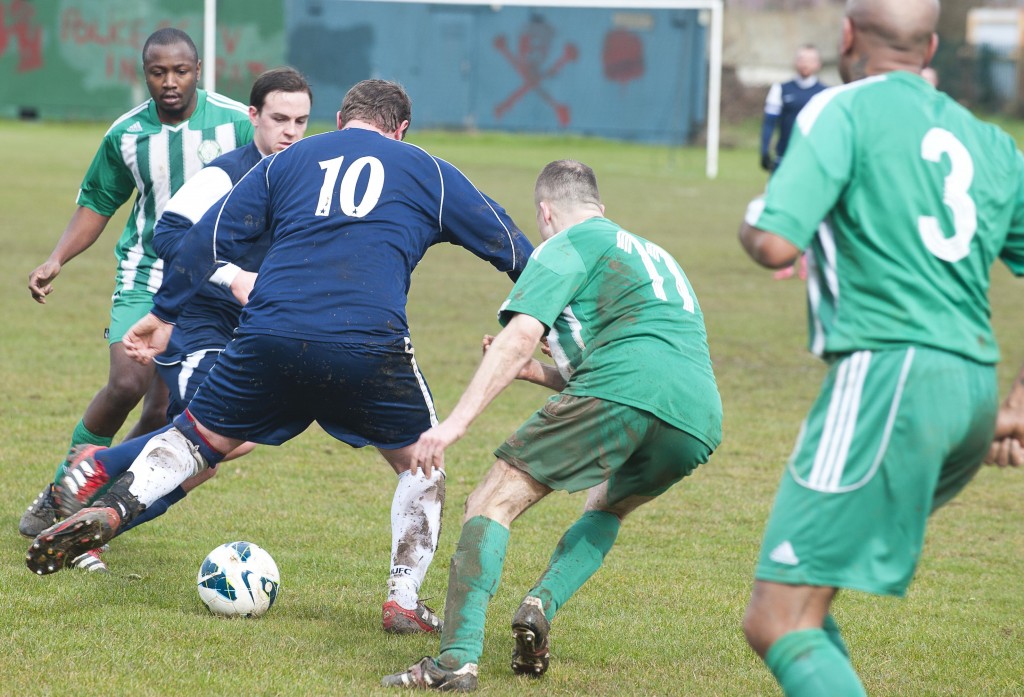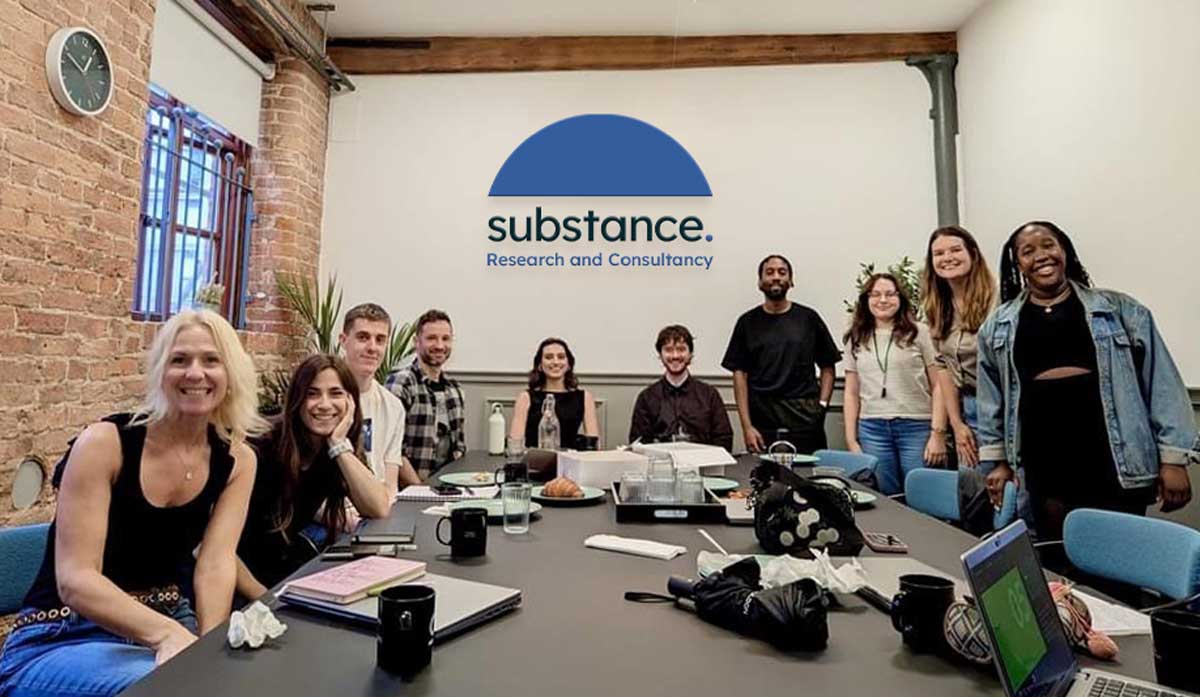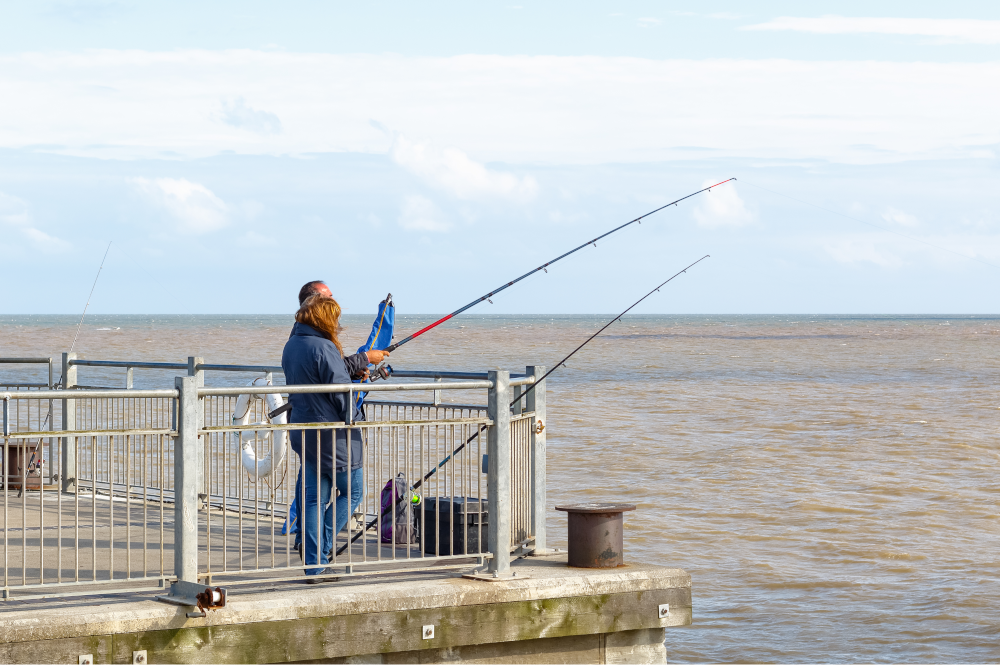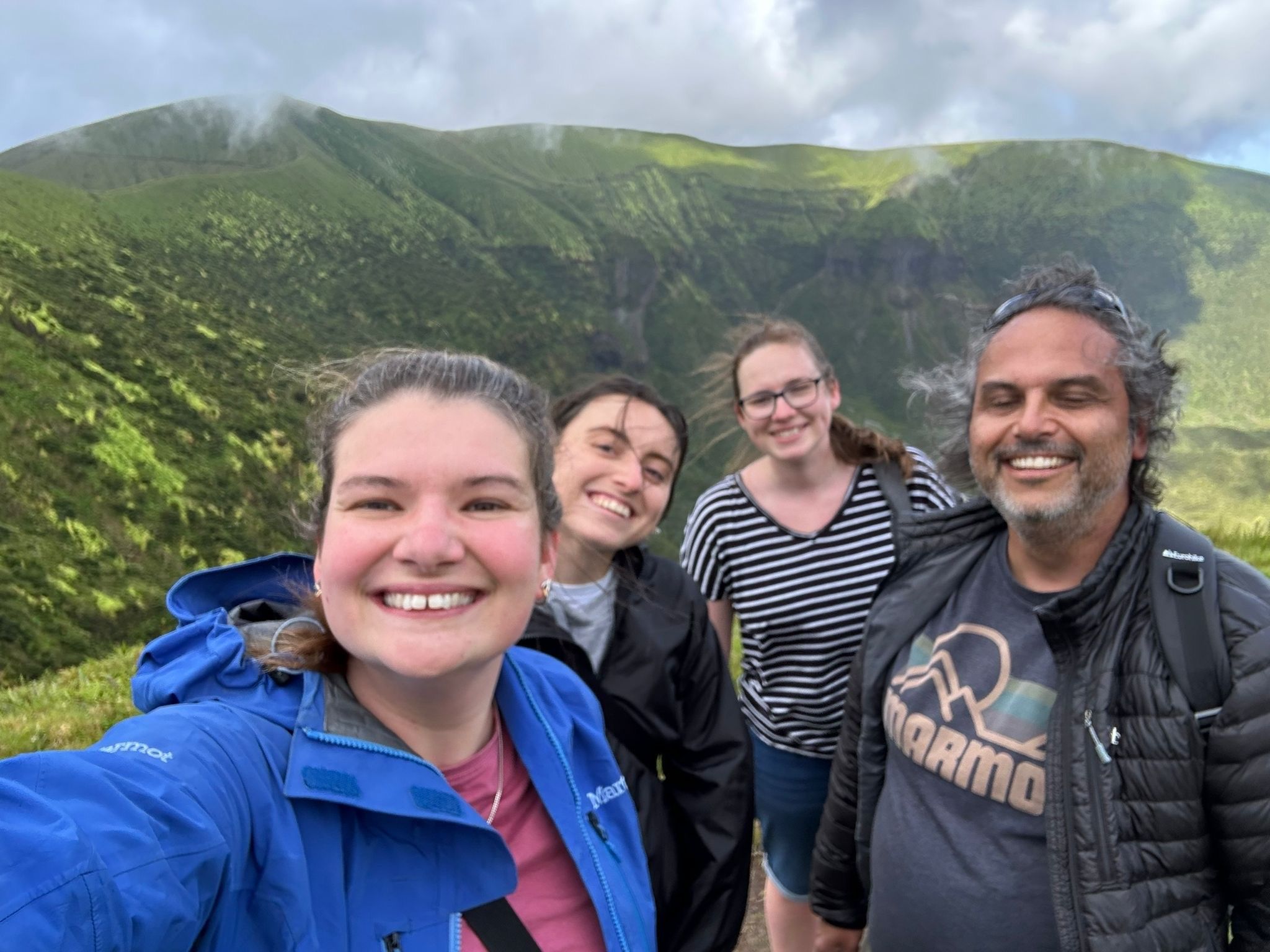
All charities should be able to articulate in a few words what makes them indispensable otherwise why should they continue to exist? However, this is easier said than done as it’s really difficult to come up with a pithy punchy sentence that encapsulates your raison d’etre. Sometimes having a conversation with someone from outside of the organisation can help. I recently had a catch-up meeting with a CEO of another charity, and he put me on the spot. This is how the conversation went:
“So why should we save playing fields?”
“So that people can play sport”
“So what?”
“Because sport improves lives and playing fields are where sport starts.”
“So what?”
We’ve lost a fifth of playing fields over the last 25 years and we must do something about it”
“So what?”
“Because people will die”
“That’s more like it. Now where’s your proof?”
I’m not saying that playing fields can provide a cure for cancer and heart disease but well managed playing fields and the activity they generate can prevent them. The most graphic illustration of the LPFF’s ability to save lives can be seen via the Coping Through Football initiative which is an award winning project that uses football as a recovery model for people with serious long term mental health conditions. The need to transform community mental health services is obvious:
- The second biggest killer of 18-25 year olds is suicide
- Schizophrenia and bipolar disorder reduce life expectancy by an average of 16-25 years
- Half of all lifetime mental disorder starts by the age of 14 and 75% by the mid 20’s.
- Mental health conditions account for 23% of the national disease burden but only receive 13% of the NHS budget
- For every pound that the Government invests in combating cancer the public gives £2.75 but for every pound that the Government provides for mental health the public donates 3p
- There is an over reliance on medication as a treatment
What makes Coping Through Football so special is that it helps people get their lives back and to live more independently. It does this by improving physical health, increasing confidence and self esteem, re-invigorating lost social skills and reducing the reliance on illegal drugs, alcohol and cigarettes. In order to achieve these break- throughs we have to create a Cheers type environment where everyone knows your name and cares about your welfare. That’s the thing about playing fields. You can’t leave things to chance. It’s not like the film Field of Dreams – build it and they will come. It’s about being entirely focused on the prize, helping the participants to get their lives back via the six C’s.
- Collaboration – two charities LPFF and Leyton Orient working with the NHS to achieve health outcomes
- Community Venue – where the participants engage in football within a normal sporting context
- Continuity – meeting at the same time on the same pitch every week for 50 weeks of the year builds a routine into lives and gives each participant something to look forward to. Also having the same project coordinator and coaches there for every session makes for a strong trusting relationship
- Consistency – providing a high quality football experience every time that induces a felling of well being
- Comfort – creating an inclusive atmosphere where the focus is on raising self esteem rather than achieving a result or performance
- Confidence – the experience leaves the participants more able to deal with life.
The results have been stunning with a number of participants saying that involvement in the project has pulled them back from the brink. And that’s how playing fields can save lives
I look forward to sharing our experience of Coping Through Football and hearing about the Edge Hill and Everton project at the Substance national conference, Sport for Development: A whole new ball game on 19th November. We will also be publishing ground breaking research that outlines just how valuable playing fields are to the communities they serve.







